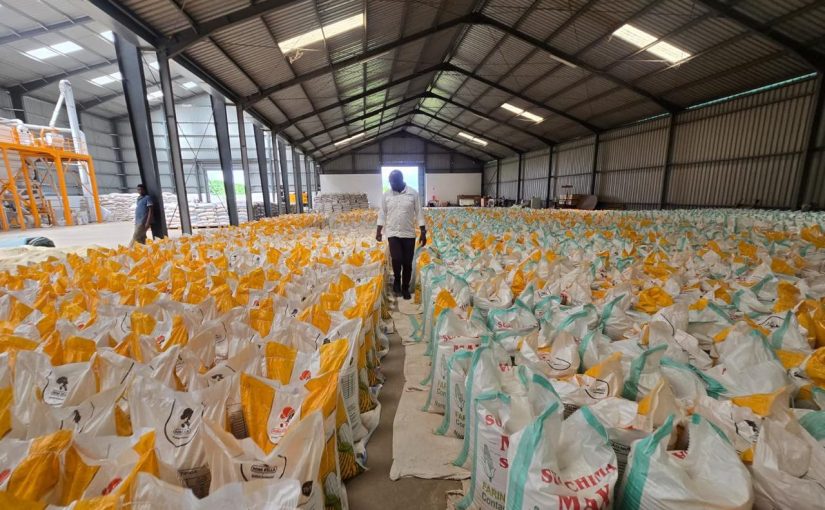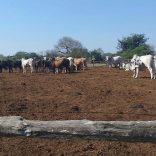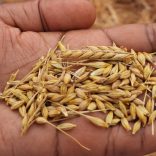Mozambique: Tick-borne Theileriosis outbreak under control in Bilene
Mozambique: Harvest ensuring supply in most productive districts of Nampula

Photo: Instituto de Cereais de Moçambique, IP
Agricultural production in districts with good potential is ensuring the availability of products for the marketing of cereals, both for the domestic market and for export.
According to the Director-General of the Cereal Institute of Mozambique (ICM, IP), Alfredo Nampuio, who is in Nampula monitoring the most productive districts in the province, the agricultural campaign that is about to end should result in the marketing of approximately 21 million tons of various products, of which around 910,300 tons will be sold by partners with whom the ICM has memoranda of understanding.
Among the products, cereals and legumes stand out, with a focus on pigeon peas, whose exports to markets such as India and Saudi Arabia should reach 200,000 tons.
“We found that production in the districts we visited is satisfactory, which allows us to ensure efficient marketing. The milling industries have sufficient stocks of corn to operate until the start of the next agricultural campaign, ensuring the continuity of production activities,” Manpuio stated.
He added that the harvest in the current campaign was already underway, and would contribute to food security in the province of Nampula and throughout the country.
During the visit to the industrial zone of Nacala, Nampuio verified the existence of stocks in the main warehouses, including the remainder of the previous campaign, which should be sold in the coming days.
Regarding exports, the Director-General of the ICM clarified that companies interested in the marketing of pigeon peas especially can export without limit on quantities, as long as they meet government requirements.
“We encourage everyone who is dedicated to exporting so that we can sell as much of the production as possible. The agricultural sector has great potential to strengthen the national economy,” Nampuio stressed, recalling that companies licensed to sell pigeon peas are already exporting to India, without quantity restrictions, an opportunity that strengthens the economy and improves producers’ income.
However, he stressed, it is necessary to follow the procedures for registration, certification of origin and production tracking, ensuring compliance with food safety and statistical control standards.












Leave a Reply
Be the First to Comment!
You must be logged in to post a comment.
You must be logged in to post a comment.